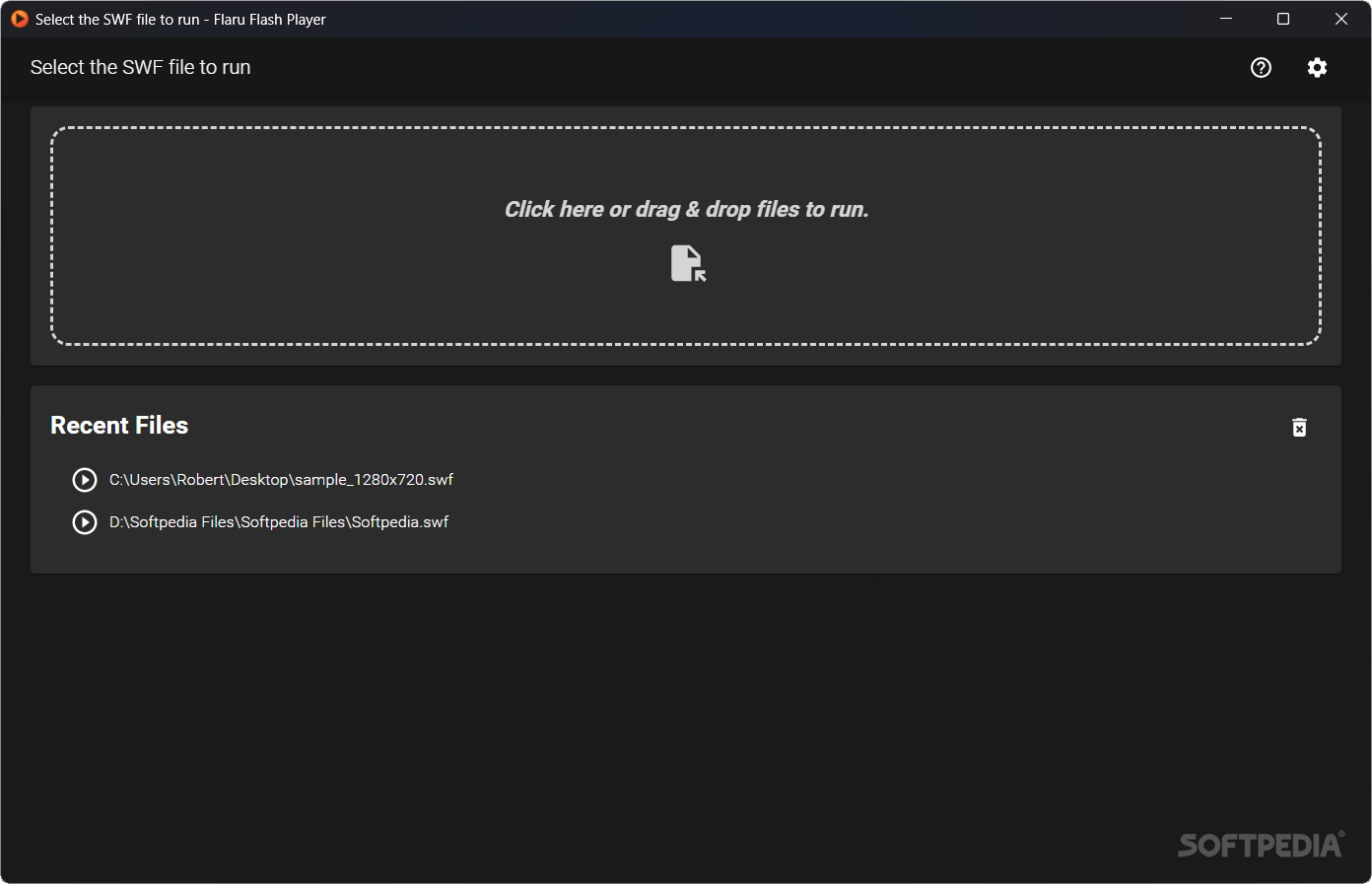In an age where our digital footprints are constantly tracked, how can we reclaim our right to privacy while navigating the vast expanse of the internet? The answer lies in embracing search engines that prioritize user confidentiality, offering a sanctuary from the relentless data collection that has become the norm.
The digital landscape has transformed into a complex ecosystem, where every click, search, and interaction is meticulously monitored. This data is then often used to personalize advertisements, track user behavior, and even influence purchasing decisions. However, a growing number of users are expressing concerns about the erosion of their privacy, leading to a demand for more secure and anonymous browsing experiences. This desire has spurred the development of search engines that are designed with privacy as their core principle.
Flaru emerges as a significant player in this domain, offering a search engine that positions itself as a "privacy rebel." Its commitment to user confidentiality is evident in its features, which include the ability to search the web without tracking search history, displaying personalized ads, or selling user data. Flaru's approach resonates with users who are increasingly wary of data breaches, targeted advertising, and the potential for their personal information to be misused.
Flaru allows users to search the entire internet or focus their search within a specific website, providing flexibility and control over the search process. It also offers features such as trending word lists, enabling users to identify and explore current topics of interest. This functionality streamlines online research, making it easier for users to find relevant and up-to-date information. Multilingual support further enhances the user experience, making it accessible to a broader audience.
The architecture of Flaru is designed to provide a streamlined and efficient search experience. Its features facilitate a balance between speed, accuracy, and privacy. With a clean interface and intuitive design, Flaru aims to make searching the web a simple and enjoyable experience.
However, it's important to acknowledge the broader context of privacy in the digital age. The evolution of search engines like Flaru reflects a growing awareness of the importance of data privacy. This shift is partly driven by heightened concerns about data breaches, surveillance, and the potential for misuse of personal information. It is a testament to the collective demand for tools that enable users to navigate the web securely and anonymously.
Flaru's reverse proxy technology provides a layer of anonymity, protecting the user's IP address and search terms from being leaked to the websites visited. This feature is a key component of its commitment to user privacy. By routing traffic through a proxy server, Flaru ensures that the user's identity remains hidden, providing a secure browsing environment.
Beyond its core search functionality, Flaru also offers integration with cryptocurrency, specifically through its own token, Flaru Coin. This integration is designed to enhance user engagement and support the platform's growth. It indicates an innovative approach to user incentivization and community building within the privacy-focused search engine ecosystem.
The alternative to data-tracking search engines, such as DuckDuckGo, Searx, and Startpage, are all viable options for those seeking to enhance their online privacy. These search engines share a common goal: to provide users with a safe and secure browsing environment. They aim to address the growing concern about data privacy and provide alternative solutions to users who want to remain anonymous.
The Flaru platform also includes features that reflect its user-centric approach. Users can suggest and vote on features, fostering a sense of community and collaboration. Moreover, the inclusion of dark mode and privacy protection further enhances the user experience, catering to individual preferences and priorities. This is a sign that Flaru wants to create a unique and user-friendly platform.
When evaluating Flaru, it is essential to weigh its benefits against potential limitations. Like any service, it may have certain trade-offs in terms of features and performance. However, the underlying commitment to user privacy positions it as a valuable tool for individuals and organizations seeking secure browsing solutions. The emergence of Flaru and other privacy-focused search engines highlights the demand for tools that allow users to control their data and browse the web with confidence. Ultimately, this marks a positive trend towards a more privacy-conscious digital ecosystem.
In addition to its search functionality, Flaru provides a range of features aimed at making it a versatile and powerful search tool. One prominent feature is the ability to identify and explore trending search terms. This helps users stay informed about current topics of interest, while also providing a sense of what the broader web community is searching for. The ability to narrow searches to within specific websites is another useful feature. This allows users to extract information from specific sources with greater precision, which is particularly helpful for in-depth research or specific task-based queries. The incorporation of image search capabilities further extends the functionality of Flaru, allowing users to efficiently find images and visual content.
The concept of privacy-focused search engines like Flaru is a response to an increasingly important issue. The digital realm has witnessed an alarming growth in data breaches, and the collection and monetization of personal data by corporations and other entities. This is a concerning trend that has raised serious concerns about individual privacy. This situation has prompted a growing number of people to seek tools and platforms that prioritize privacy.
Flaru coin, the cryptocurrency offered by the platform, is an interesting feature of the Flaru search engine. This integration illustrates an innovative strategy towards enhancing user engagement and assisting the platform's growth. The integration of cryptocurrency into the search engine ecosystem underscores the ongoing convergence of various technological advancements.
The use of the "reverse proxy" technology is another component that secures the privacy of the user. This technology guarantees that a user's IP address and search terms are not exposed to the visited websites. Through the routing of traffic through a proxy server, Flaru hides the user's identity, thus establishing a secure browsing environment. The implementation of this feature, demonstrates Flaru's dedication to safeguarding the privacy of its users.
The increasing number of individuals who are choosing privacy-focused search engines such as DuckDuckGo, Searx, and Startpage, demonstrates the growing significance of privacy in the digital age. These search engines all share the objective of providing users with a secure and private browsing experience.
The design and accessibility of Flaru, along with the features it offers, such as the ability to customize the interface, make it a user-friendly search engine. The inclusion of features like dark mode further enhances the user experience by accommodating individual preferences and priorities. This flexibility creates a customizable, comfortable and functional search environment.
The effectiveness of Flaru, like any service, should be assessed by considering both its advantages and possible restrictions. Despite the presence of some trade-offs in features and performance, the platform's core focus on user privacy establishes it as a useful resource for individuals and businesses in search of safe browsing solutions. The emergence of Flaru and other privacy-focused search engines highlights the demand for tools that give users greater control over their data and enable them to use the Internet with confidence. This ultimately suggests a favorable shift towards a digital ecosystem that is more privacy-aware.
The presence of features such as trending word lists, the ability to search within particular websites, and image search capabilities makes Flaru a versatile and effective search tool.
Flaru is more than just a search engine; it is a statement. A statement about the importance of privacy, the desire for control, and the need for a digital space that respects individual rights. It's a reflection of a growing movement, a wave of users who are actively seeking alternatives that align with their values. In a world where data is the new currency, Flaru offers a haven. A place where you can explore, discover, and connect, all while staying in control of your digital life.
| Flaru Search Engine - Key Features | |
|---|---|
| Core Functionality | Web and Image Search |
| Privacy Focus |
|
| Additional Features |
|
| Alternatives |
|
| Cryptocurrency Integration | Flaru Coin for enhanced user engagement |
| Platform Availability | Web-based, with potential for future app development |
| User-Centric Design | Customization options and community feedback mechanisms |
| Reliability | Fast and reliable results |
| Security | Safe and private web searches without tracking or data sales |
| Overall Impression | A versatile and privacy-focused search engine designed to simplify and secure online research. |
The evolution of search engines like Flaru is a clear sign of the shifting priorities in the digital sphere. Users are increasingly aware of the value of their data and are actively seeking ways to protect their privacy. This is leading to a surge in demand for tools that prioritize user confidentiality. Flaru is positioned at the forefront of this movement. By providing a search experience that respects user privacy and offers valuable features, Flaru is appealing to a growing segment of the online community.


